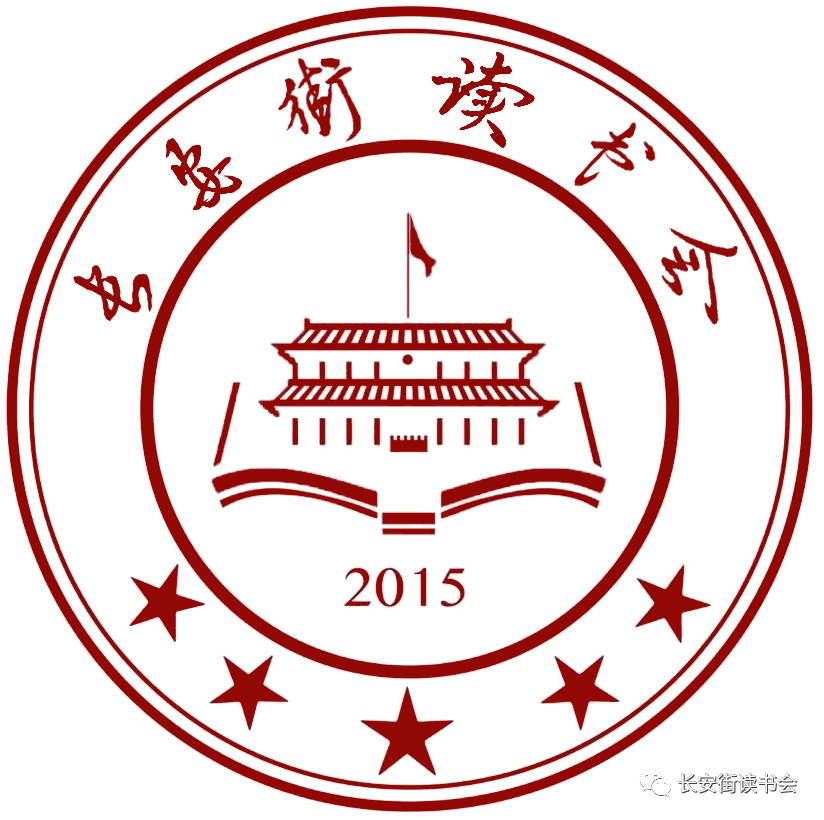
Inherit the legacy of the Prime Minister and practice reading for all
"Amaranth of The Flowers"
---------------------------------------
▼
Reciter:
Wu Yifan,
Member of the publishing group of the Chang'an Avenue Reading Club
★ Tap to listen to the recitation audio ★
【Author】Anon. 【Dynasty】Pre-Qin
Amaranth, Yunqi Huangyi. The heart is troubled, and the heart is hurt!
Amaranth, its leaves are green. Knowing that I am like this, it is better to be lifeless!
The head of the lamb grave, the three stars in the bird. People can eat, fresh can be full!
Reference Notes:
(1) Tiáo (tiáo): plant name, also known as Lingxiao or purple leaf, flowers in summer. Hua: Same as "flower".
(2) Yun (yún) Its: Yunran, a yellow look.
(3) Wei Qi: How.
(4) Mu (zāng) sheep: ewe. Grave: Big.
(5) 罶 (lǐu): Bamboo utensils for fishing.
(6) Fresh (xiǎn): less.
Reference Translations:
The Ling Xiao flowers bloomed, and they looked yellow. My heart is sad, and I am even more sad!
The flowers are colorful and the leaves on the branches are green. Knowing that I am like this, it is better not to be born.
The ewe is very thin and large, and the starlight shines quietly. If people can also eat, too little is not enough to plug teeth.
References:
The first two chapters of the poem are intertextual, saying that the amaranth is in full bloom, a yellow, the leaves are green, and the leaves are verdant. These two poets are excited by the flowers and leaves they see, and the leaves are blue and yellow, full of vitality, but the people in the barren years are difficult to survive. The poet introduces emotions from associations, and the last two sentences of the two chapters of the poem are feelings. The poet is sad that in the year of famine, people are struggling in hunger, nine deaths, it is difficult to live, but it is better to live a kind of plant, living freely, life is exuberant. For this reason, his heart was so sad that he felt that his greatest regret was to be born into this world. Under the heavens and the earth, people were originally precious, but now they envy the plants that are unconscious, and even say the words "it is better to be lifeless", which is really sad and painful, and extremely angry.
In the first two chapters, although the poet's emotions are intense, and the irrepressible anger is almost like a fiery fire, the cause of this anger is still implicit in Bixing, and it is not revealed until the third chapter. The two sentences of "MuYang" are indeed as Qing Fang Yurun said, "The creation of words is very strange" (the original of the Book of Poetry). It is precisely because of "odd", so the old theory is varied, and many points are not available. In fact, this is the reason why the poet tells about his anger, which means: in the year of famine, there is nothing to eat, slaughter the ewe, but it is so thin that only a big head is left; let's fish, only the starlight is not seen in the bamboo vessels of the water. The last two sentences, "Man can eat, fresh can be full", are the most painful call signs, people eat people, cannibalism, it is already miserable, but this poem says that even if people can eat, and the remaining people are already very few, and it is conceivable that the sheep that eat grass have been thin and have no meat to eat, let alone those who have been hungry for a long time. Needless to say, everyone is as thin as wood, that is, these few people have eaten all of them, and it is difficult to fill their stomachs. How creepy to say, the tragic scene was further advanced, and it was even more frightening than the poem written by the Tang Dynasty, "The drought in the south of the Jiangsu Province, the people of Quzhou cannibalism" (Bai Juyi's "Light Fat"), and I could not bear to read it. For these two sentences, Wang Zhaoyuan also specially recorded a passage of facts she heard and corroborated them, saying: "In the three or four years of the Eastern Province, the land is barren for hundreds of miles, and everyone cannibalizes." Men and women who sell women are not allowed to sell at a low price, and they die at the rate of pillows. As far as you can see, reading this poem is too resting for a long time. And he noted himself: "At noon, the people on the left side of the mountain cannibalize each other." When Mo Ren and his brother Mr. Tsururashi talk about the poem and this passage, it is said: 'Man can eat', cannibals also eat people; 'Fresh can be full', and people are thin. This is a painful remark and is attached here. It can be seen that the cruel social reality and people's suffering of the Zhou Dynasty reflected in this poem are universal in the long-term feudal society, which fully demonstrates the power of the realist spirit of the Book of Poetry.
Note: Authorized to publish, this article has been selected and included in the "Chang'an Avenue Reading Club" theoretical learning platform (People's Daily, People's Political Consultative Conference Daily, Beijing Daily, Xinhua Net, Central Video, Beijing Time, the surging government affairs client "Chang'an Avenue Reading Club" column synchronization), reprint must be uniformly indicated "Chang'an Avenue Reading Club" theoretical learning platform source and author.
Editor-in-charge: Cai Muzhen; Preliminary Review: Cheng Ziqian; Review: Li Yufan
Chang'an Avenue Book Club